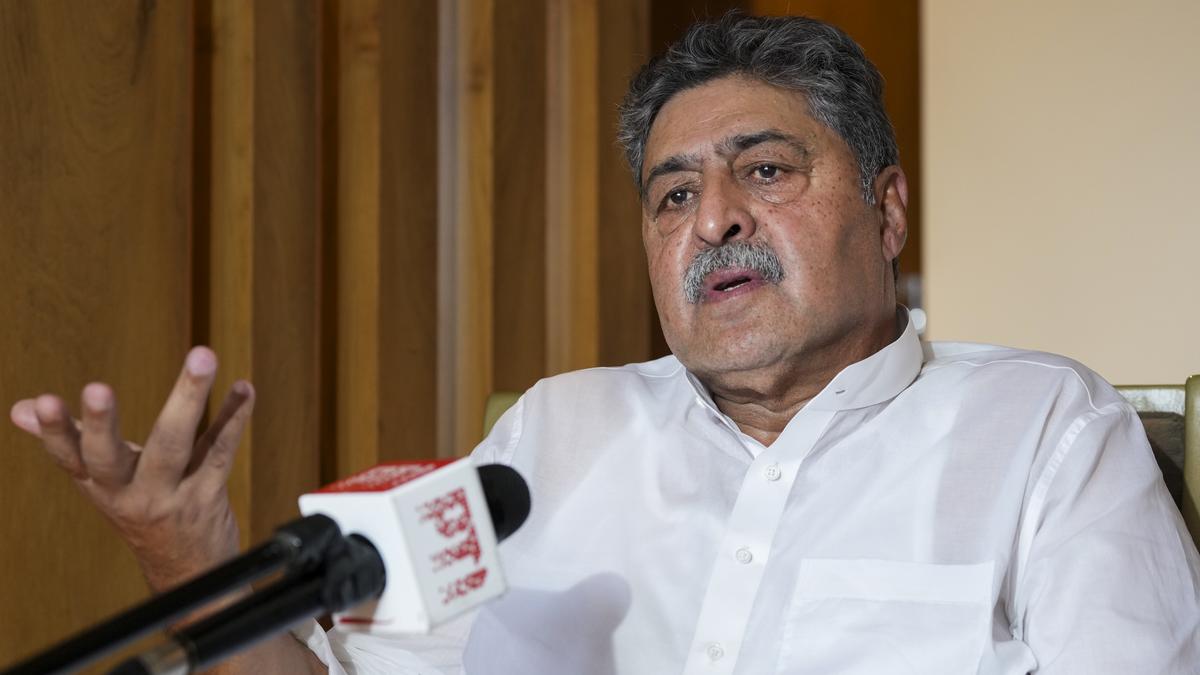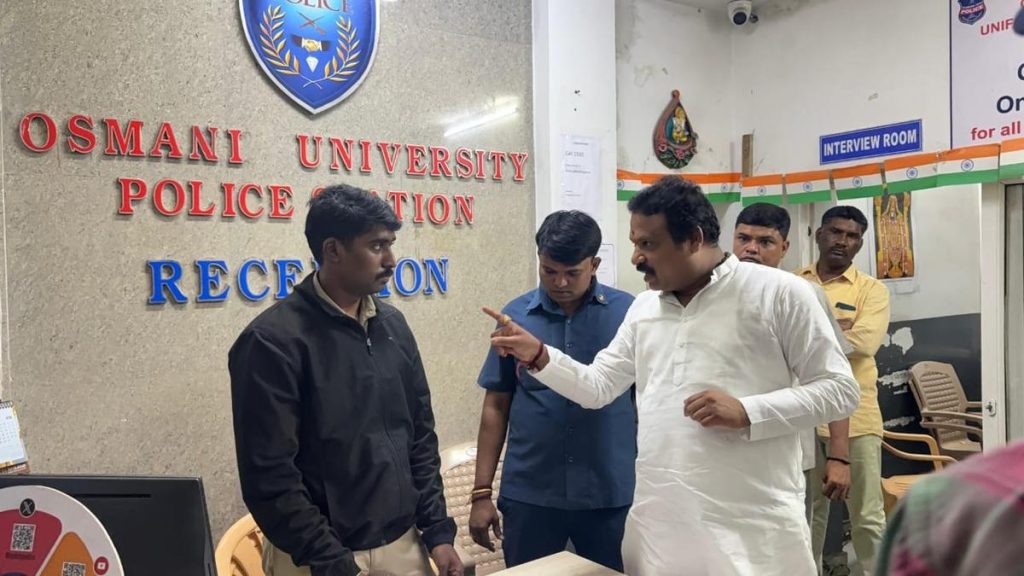Now Reading: Hurriyat ‘Irrelevant’: Bilal Lone Urges Kashmiris to Embrace Integration with India
-
01
Hurriyat ‘Irrelevant’: Bilal Lone Urges Kashmiris to Embrace Integration with India
Hurriyat ‘Irrelevant’: Bilal Lone Urges Kashmiris to Embrace Integration with India

Rapid Summary
- Bilal Gani Lone Criticizes Hurriyat Conference: Former separatist leader Bilal Gani Lone declared the Hurriyat Conference “non-functional” and admitted it’s failure to act effectively, resulting in irrelevance within Jammu and Kashmir.
- Criticism of Pakistan’s Role: Lone accused Pakistan of creating “fissures” in the region rather of providing constructive support. he urged Kashmiris to move on from past dependencies.
- Shift to Mainstream Politics: Lone justified his transition from separatism to mainstream politics, emphasizing a need for truth-seeking for younger generations and citing regret over the failures of past movements. He presented this shift as a personal conviction rather than political ambition.
- Call for Unity with India: Urged Kashmiris not to view India through partisan lenses but as an entity where thay can carve out a space for themselves. Stressed that attempts to resist India have failed historically, urging reconciliation between Kashmiris and New Delhi’s government beyond vote-bank politics.
- Post-Article 370 Reality Check: while acknowledging the psychological impact Article 370 held for Kashmiris,he critiqued its abrogation as deepening feelings of suppression among locals despite improved security conditions-a state maintained forcefully by authorities rather than trust-building initiatives.
Indian Opinion Analysis
bilal Gani Lone’s remarks signal a meaningful ideological shift within Kashmiri discourse, moving away from separatism toward coexistence with India under mainstream political structures. His candid critique offers insights into evolving regional sentiment after decades of conflict and dependence on external actors like Pakistan-indicative that aspirations now prioritize stability over confrontation.Lone’s call for reconciliation aligns practically with present realities where sentiment against violent opposition is growing clearer post-Abrogation (of Article 370). However, his criticism aimed at both historical leadership failings (hurriyat) and governance gaps (“subdued” feeling post-abrogation) highlights unresolved tensions still requiring governmental engagement rooted in empathy rather than strict control measures alone.
While security improvements are evident per his comments, addressing emotional distance through trust restoration-especially directed toward youth-remains crucial if peaceful integration policies are envisioned long-term across regions like Jammu & Kashmir going forward.























